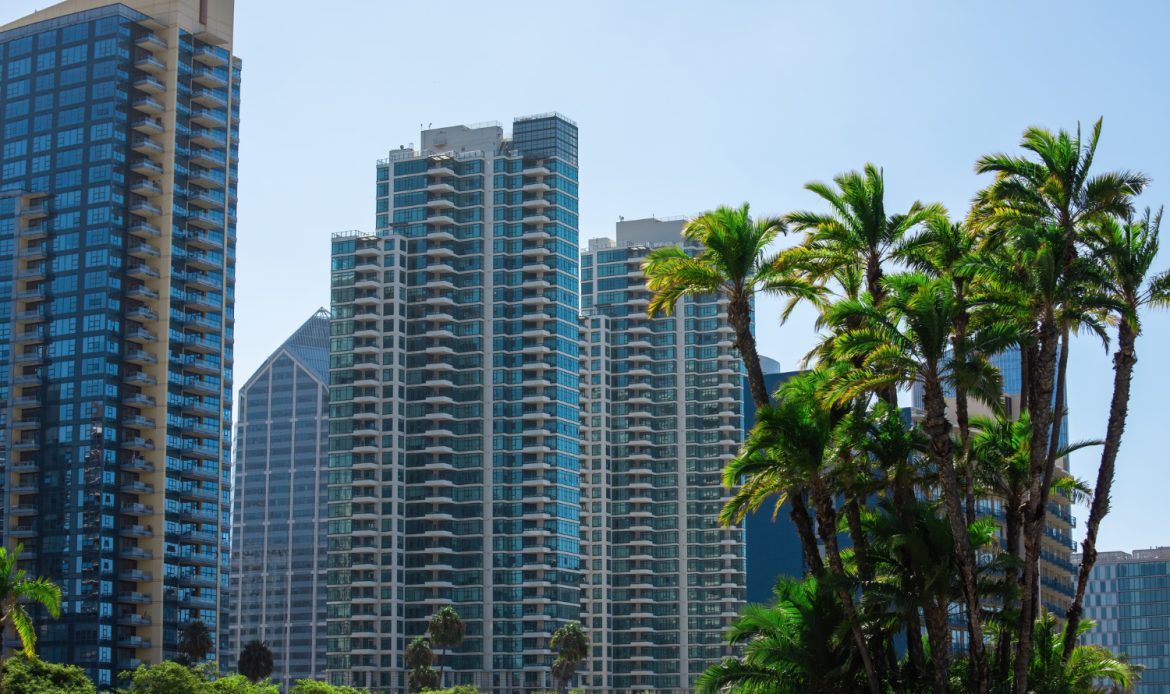Introduction
The property market in the United Arab Emirates (UAE) is dynamic and diverse, attracting both local and international investors. Understanding the legal framework governing property transactions is crucial for anyone looking to buy, sell, or invest in real estate in the UAE. This article outlines the key aspects of property law in the UAE, providing valuable insights for potential property owners and investors.
Types of Property Ownership
- Freehold Ownership: Freehold ownership allows individuals, including expatriates, to own property outright in designated areas. These areas, known as freehold zones, include popular locations such as Dubai Marina, Palm Jumeirah, and Downtown Dubai. Freehold properties can be bought, sold, or leased without restrictions.
- Leasehold Ownership: Leasehold ownership grants the right to use a property for a specific period, typically ranging from 10 to 99 years. This type of ownership is common in areas where freehold ownership is not permitted. Leaseholders must adhere to the terms of their lease agreements, which often include provisions for renewal and maintenance.
Key Legal Considerations
- Due Diligence: Conducting thorough due diligence is essential before purchasing property in the UAE. This includes verifying the property’s title, ensuring there are no outstanding debts or legal issues, and confirming the developer’s credentials. Engaging a reputable real estate agent and legal advisor can help navigate this process.
- Sales and Purchase Agreement (SPA): The SPA is a legally binding contract between the buyer and the seller. It outlines the terms and conditions of the sale, including the purchase price, payment schedule, and completion date. Both parties must carefully review and understand the SPA before signing.
- Registration of Property: All property transactions must be registered with the relevant emirate’s land department to be legally recognized. For instance, in Dubai, the Dubai Land Department (DLD) oversees property registrations. The registration process involves paying the required fees and ensuring all documentation is in order.
Financing and Mortgages
- Mortgage Options: Various mortgage options are available for property buyers in the UAE, including fixed-rate and variable-rate mortgages. Banks and financial institutions offer competitive loan-to-value (LTV) ratios, typically up to 80% for residents and 75% for non-residents.
- Pre-Approval: Obtaining mortgage pre-approval can streamline the property buying process. Pre-approval indicates that the bank has reviewed the buyer’s financial situation and is willing to provide a loan up to a certain amount. This can give buyers an advantage in negotiations and expedite the purchase process.
Property Disputes and Resolution
- Common Disputes: Property disputes in the UAE can arise from various issues, including delays in construction, defects in the property, or breaches of contract. It is important for buyers and investors to be aware of their rights and the legal remedies available to them.
- Dispute Resolution: The UAE offers several avenues for resolving property disputes, including mediation, arbitration, and litigation. The Dubai International Arbitration Centre (DIAC) and other similar institutions provide alternative dispute resolution services, which can be quicker and more cost-effective than traditional court proceedings.
Conclusion
Navigating property law in the UAE requires a clear understanding of the legal framework and diligent attention to detail. Whether you are buying, selling, or investing in real estate, being informed about your rights and obligations can help ensure a smooth and successful transaction. Engaging experienced professionals and conducting thorough due diligence are key steps in protecting your investment and achieving your property goals in the UAE.



2 replies on “The Essentials of Property Law in the UAE”
I must explain to you how all this mistaken idea of denouncing pleasure and praising pain was born and I will give you a complete account of the system
OK thank you.